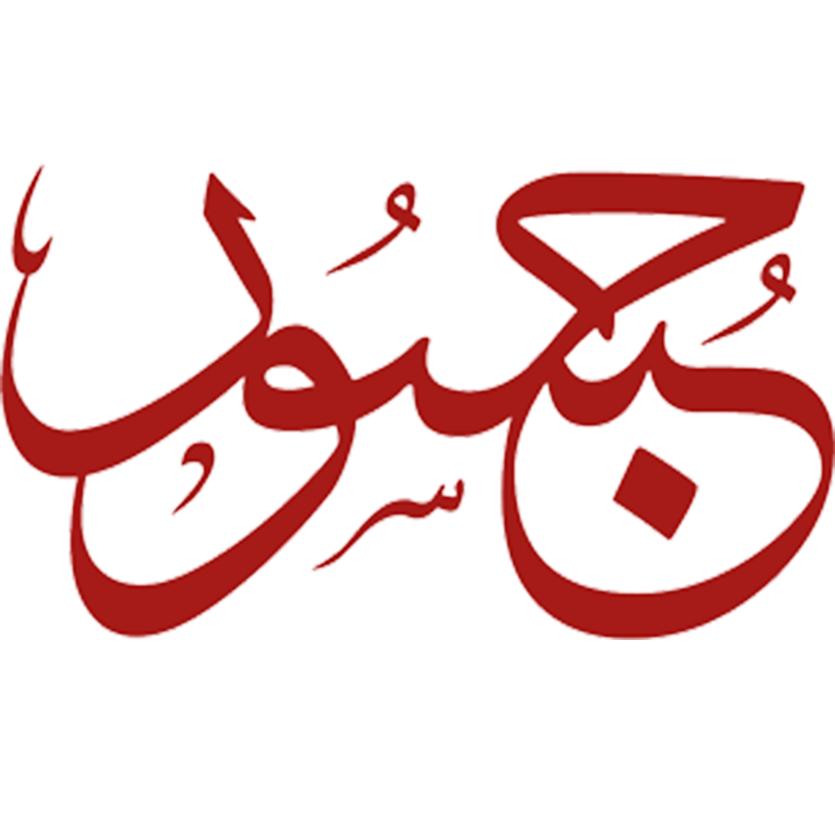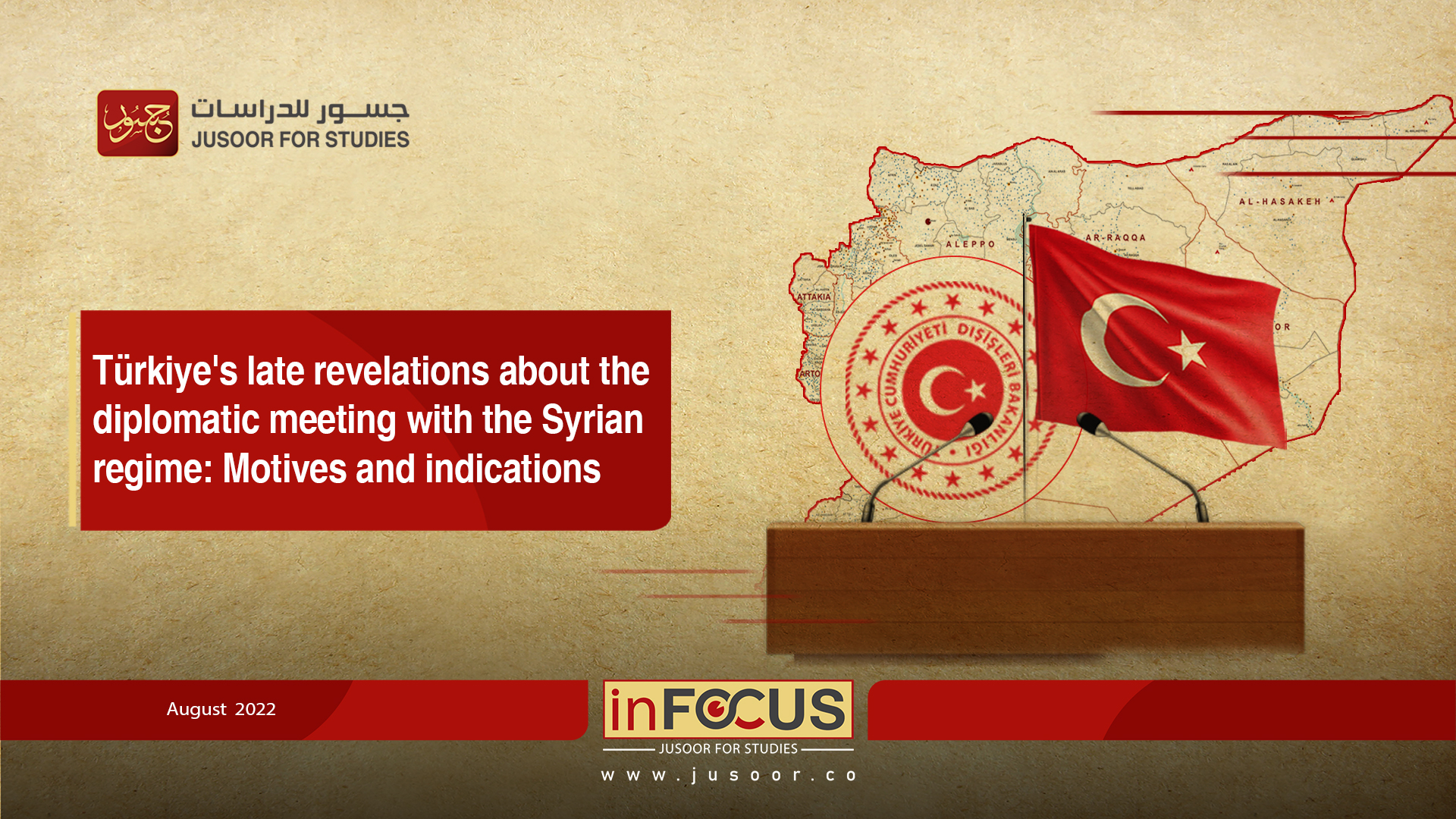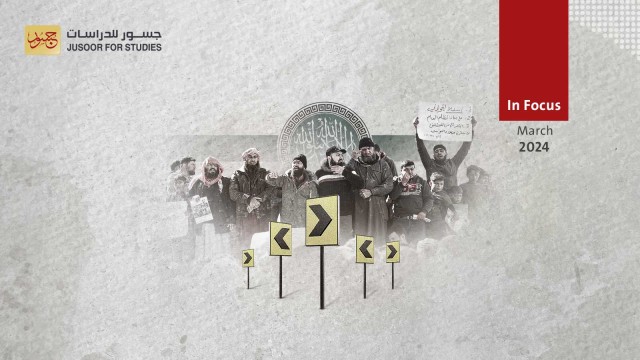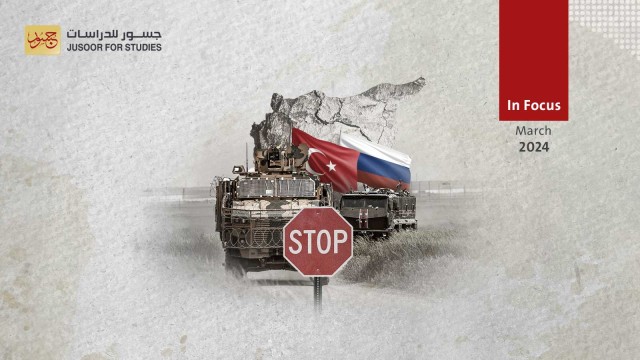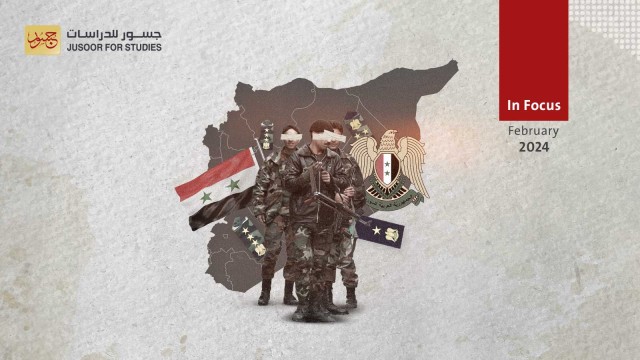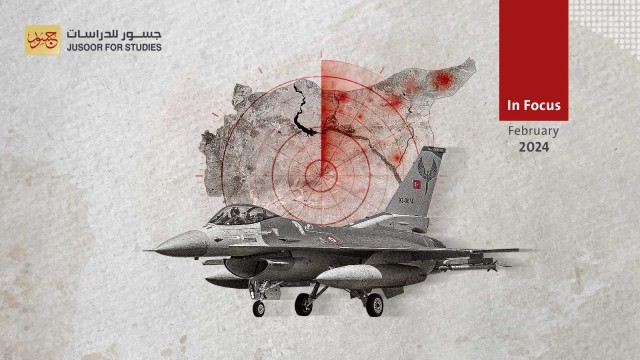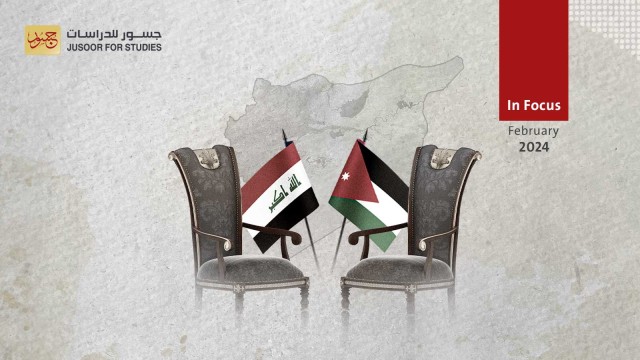Türkiye's late revelations about the diplomatic meeting with the Syrian regime: Motives and indications
Font Size
Türkiye's late revelations about the diplomatic meeting with the Syrian regime: Motives and indications
On August 11, 2022, Turkish Foreign Minister, Mevlüt Çavuşoğlu revealed that he had a “brief conversation” with his Syrian counterpart, Faisal Mekdad on the sidelines of the Non-Aligned Movement meeting in October 2021 in Serbia's capital Belgrade.
The Turkish Minister followed up in such information saying that "We need to bring the opposition and regime together for reconciliation, in addition to eliminating terrorists without exceptions.
It is noted that Türkiye's announcement of the diplomatic meeting with the regime came 10 months after it was held. This means that Ankara does not mind developing the level of bilateral meetings to include the diplomatic aspect, after they were merely limited to the intelligence since early 2019.
As the meeting came only a week after the end of the bilateral summit that held in Sochi between Türkiye and Russia's presidents, and less than a month after the trilateral summit held in the framework of Astana in Tehran, the announcement indicates the following:
• Russia’s insistence on solving Türkiye’s security problems in Syria through establishing direct conact between Ankara and Damascus within the framework of a modified version of the Adana Agreement (1998), which was implied by Erdogan’s speech on August 6, 2022.
• Türkiye’s desire to show responsiveness to the Iranian mediation offer made by Tehran in early July 2022 to mend relations between Ankara and the regime. While such dynamics have been taking place, it seems that Ankara failed to achieve a breakthrough in the bilateral summit with Russia to address differences and security concerns about Syria according to its view based on launching a military operation unilaterally.
• Türkiye’s attempt to take advantage of Russia and Iran’s insistence on contact with the regime so that Turky could play a mediating role with the opposition, for the purpose of preserving its ability to influence the faltering political process, and to expand means of establishing a safe zone in Syria that could be accepted by Ankara.
• Türkiye's growing fears of faltering negotiations with the United States on contentious issues over Syria, including the position on the alleged military operation and the American support for the SDF. As a result, Türkiye is trying to find out alternatives to ensure the establishment such a safe zone.
• The attempt of the ruling party in Türkiye – as a maneuver or a real desire - to find solutions to the pressures it is facing regarding the issue of Syrian refugees, by demonstrating the ability to establish a safe area by all means, whether militarily or diplomatically, including having a direct contact with the regime.
Such late revelations about a diplomatic cross-border meeting between the regime and Türkiye, does not mean that the latter is heading towards a new approach in its foreign policy on Syria. Such a shift could jeopardize Türkiye’s gains in the areas, in which its military forces are deployed, let alone the growing public resentment and discontent among the residents of these areas. This is because there is no reason to believe that the regime and its allies may show flexibility towards Ankara's demands about the shape of the relationship.
In general, it is still early to talk about the return of diplomatic relations between the regime and Türkiye, especially since Ankara's demands and conditions have not yet been met.
